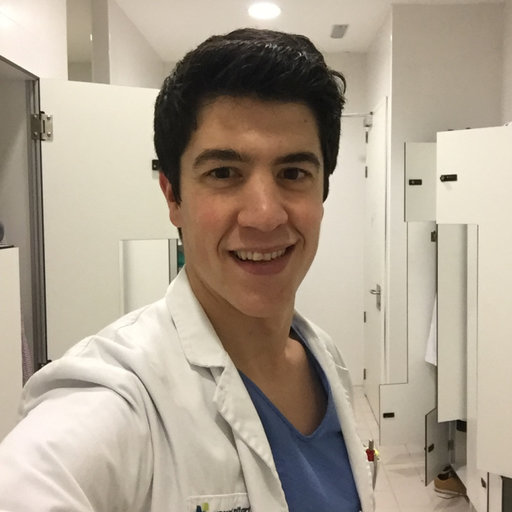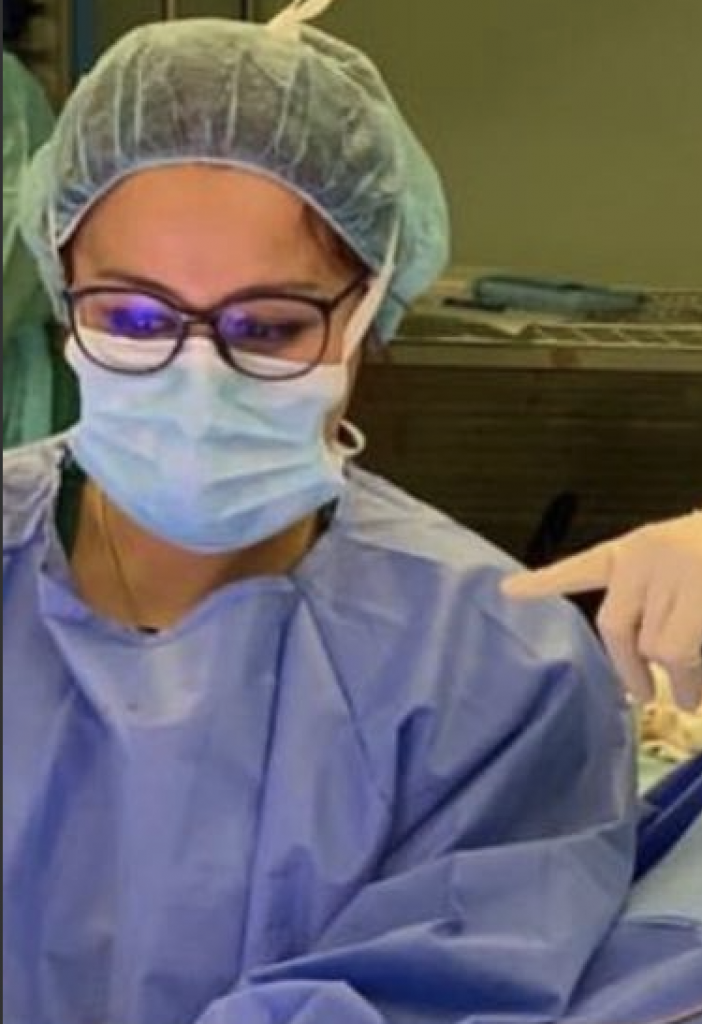Durante toda mi formación, he escuchado numerosos profesores explicar cómo iba a ser el siguiente curso, cuáles eran las dificultades y de qué manera iban a sucederse los acontecimientos hasta que consiguiera mi plaza en un hospital. Una vez entré a formar parte de un equipo quirúrgico, hablar de futuro es siempre hablar de incertidumbre. Nadie ha sido capaz desde entonces de aventurarse a determinar cómo será la medicina de aquí a cinco o diez años, cómo trabajaremos en los hospitales (incluso si trabajaremos en ellos) o qué actividad desarrollaremos en los quirófanos.

Actualmente, disponemos de un excelente sistema de salud, tenemos los mejores médicos en formación, los mejores instrumentos y el mejor entrenamiento que hemos tenido nunca, no obstante, las exigencias son mayores y a diario tenemos que manejar con el desequilibrio entre expectativa y realidad de nuestros pacientes. Así como la transformación de la cirugía abierta a la laparoscópica fue traumática para muchos, el futuro próximo revolucionará el marco en el que realizamos nuestra actividad quirúrgica. Por lo que, si una cosa tengo clara es que, la capacidad de adaptación al cambio es la característica más importante de los cirujanos en formación.
Por un lado, la cirugía basada en la seguridad del paciente y la calidad de vida va a producir un drástico impacto en la reducción de la iatrogenia en nuestros pacientes. El procesamiento de grandes cantidades de datos o “big data” y la inteligencia artificial aplicada, mejorará el conocimiento y monitorizará las consecuencias de nuestras acciones en los pacientes. Si bien la formación de los cirujanos estuvo basada en el ensayo-error y el posterior análisis, la exigencia impuesta por la sociedad, no da margen de error a aquellos que por su condición de novel tienen más números de equivocarse. Por ello, se crearán plataformas y simuladores que se convertirán en un peaje durante la formación del residente.
Si hablamos de innovación y cirugía, el Dr. J Marescaux, ya explicaba las revoluciones más inmediatas. Por un lado, la cirugía mínimamente invasiva, definida por plataformas robóticas, cirugía endoscópica y nuevas herramientas de acción quirúrgica que se están desarrollando, que hoy en día se encuentran en su expresión inicial, pero que irrumpirán en los quirófanos del futuro al tiempo que estaremos surcando la cresta de nuestra profesión. En segundo lugar, la integración y procesamiento de imágenes, tanto dentro como fuera de quirófano, el procesamiento de imagen a nivel molecular y la impresión en 3D, mejorarán la visibilidad de aquello que hoy vemos pero que nos abrirá la puerta a una realidad que actualmente no conocemos.
Y, por último, la revolución social afectará el modo en que nos relacionamos con el paciente y nuestros compañeros. Las plataformas digitales e interactivas y los sistemas de “telementoring” facilitarán la comunicación y la interconectividad entre los diferentes agentes del proceso. Investigación colaborativa, interacción con los pacientes, congresos online, etc. son algunas de las aplicaciones que nos encontraremos en un futuro próximo para beneficiar un mayor número de pacientes.
Por lo tanto, nos encontramos ante una nueva revolución que cambiará el escenario en el que estamos trabajando. Vienen épocas inciertas, con nuevos avances y recursos que dibujarán un escenario que, por ahora, es difícil de pronosticar. Nuestro objetivo como cirujanos es la adaptabilidad a un paradigma más “tecnológico” en el que seguiremos teniendo pacientes igual de “humanos”; con el reto de conectar una tecnología cada vez más inteligente y una humanidad cada vez más incomprensible.

